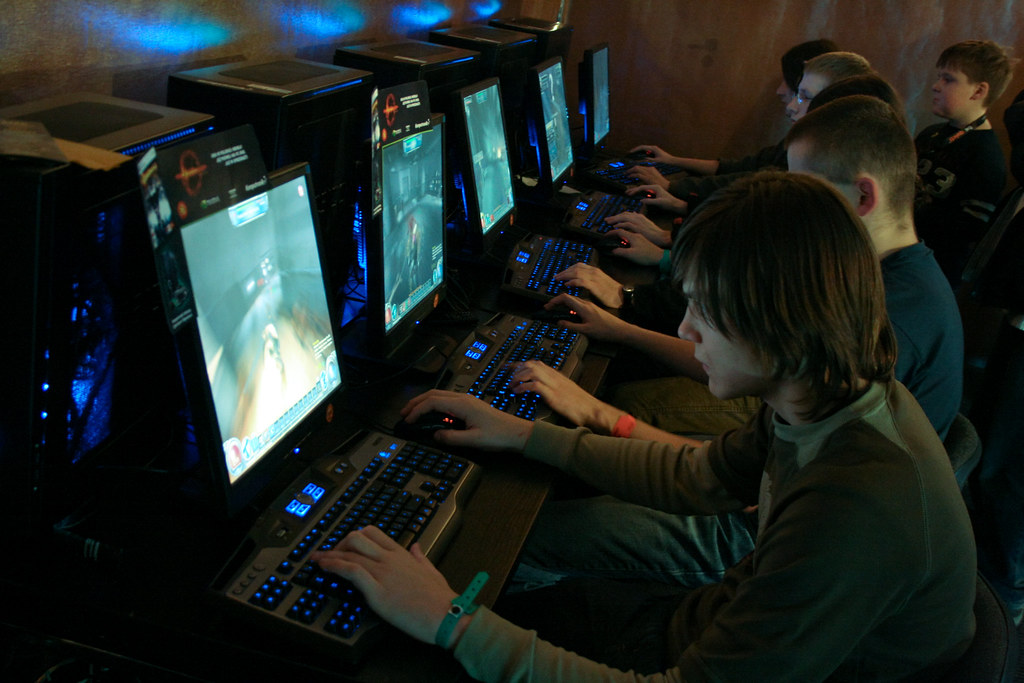If you’re anything like me, the anticipation for Rocksteady’s ‘Suicide Squad: Kill the Justice League’ was akin to waiting for the return of a beloved but long-missing friend. The idea alone of diving back into the Arkhamverse, this time with a fresh twist, was enough to set hearts racing.

However, as we’ve come to discover, not all reunions are joyous occasions. The game’s Joker season, meant to breathe new life into the title, has unfortunately done anything but. Let’s slice through the chaos, shall we?
From the get-go, the Joker season promised us a continuation of a story that, to put it mildly, had everyone hanging on an abrupt edge. What we got, however, was a void so vast it could easily be mistaken for the dark void of space. A void of content, a mountain of grinding, and a story continuation that was, well, non-existent. Rocksteady, the studio known for its narrative brilliance, seemed to have missed the mark this time around.
The first hiccup came with the unlocking mechanism for our beloved Joker.
Unlike the treatment other games afford their new characters, here, we were expected to grind our way to Season Rank 35 just to get a glimpse of the clown prince of crime. A task that not only required revisiting old content but doing so with such ease that it robbed us of any semblance of challenge or excitement. The introduction of a new rank, separate from the usual battle pass or mastery ranks, felt less like an innovative feature and more like a tedious hurdle.
As if the grind wasn’t disheartening enough, the absence of new missions at launch was a blow to the gut. The promise of ‘Strongholds’, a new mission type, remains unfulfilled, leaving players to tackle the same Incursions with a different enemy label slapped on them. Even the Brainiac boss fight, a chance for the game to redeem itself, ended up being a rehashed version of the Green Lantern battle, lacking any form of originality or surprise.

The Joker’s story content is perhaps the most baffling aspect.
A mere two instances — a motion comic at the season’s beginning and a brief rescue cutscene — constitute the entirety of what was labeled as ‘story content’. The absence of any meaningful interaction between Joker and Harley, or any story missions related to Joker, felt like a missed opportunity of monumental proportions.
Once unlocked, Joker’s integration into the game doesn’t fare much better. His character, while adequate in design, doesn’t bring anything new to the table in terms of gameplay. The repetitive nature of the missions, now with Joker in tow, does little to alleviate the overarching issue of content drought. The promise of new enemies turned out to be just that, a promise, leaving players to wonder what could have been.
The community’s response has been swift and unforgiving.
From accusations of a cynical cash grab to lamentations on the wasted potential of a studio as celebrated as Rocksteady, the consensus is clear: this was not the revival the game needed. The introduction of the Joker, a character synonymous with chaos and creativity, into a game marred by repetition and lack of content is an irony not lost on its players.
Rocksteady’s decision to gatekeep Joker behind a grind, coupled with the absence of new content at the season’s launch, speaks volumes of the game’s current trajectory. It’s a direction that not only disappoints but disheartens, casting a long shadow over the future of ‘Suicide Squad: Kill the Justice League’.
The Joker season was an opportunity for redemption, a chance to inject life into a game that had stumbled out of the gate. Instead, what we got was a lesson in how not to manage a live service game, a case study in missed opportunities. The stark contrast between what was promised and what was delivered is a gap too wide to bridge with mere incremental updates or future promises.
The Joker season for ‘Suicide Squad: Kill the Justice League’ serves as a poignant reminder of the challenges facing the gaming industry today. Amidst the race to capitalize on popular IPs and the allure of live service models, the essence of what makes gaming compelling — engaging stories, innovative gameplay, and genuine surprises — seems to be fading into the background. As players, our hope is that this serves as a wake-up call, not just for Rocksteady, but for the industry at large. For now, we watch, we wait, and we wonder what could have been.
Related posts:
Suicide Squad: Kill The Justice League’s Joker Season Is Unbelievably Bad
Opinion – Forbes: “Suicide Squad: Kill The Justice League’s Joker Season Is Unbelievably Bad”
Gaming News: Suicide Squad: Kill The Justice League’s Joker Season Is Unbelievably Bad





